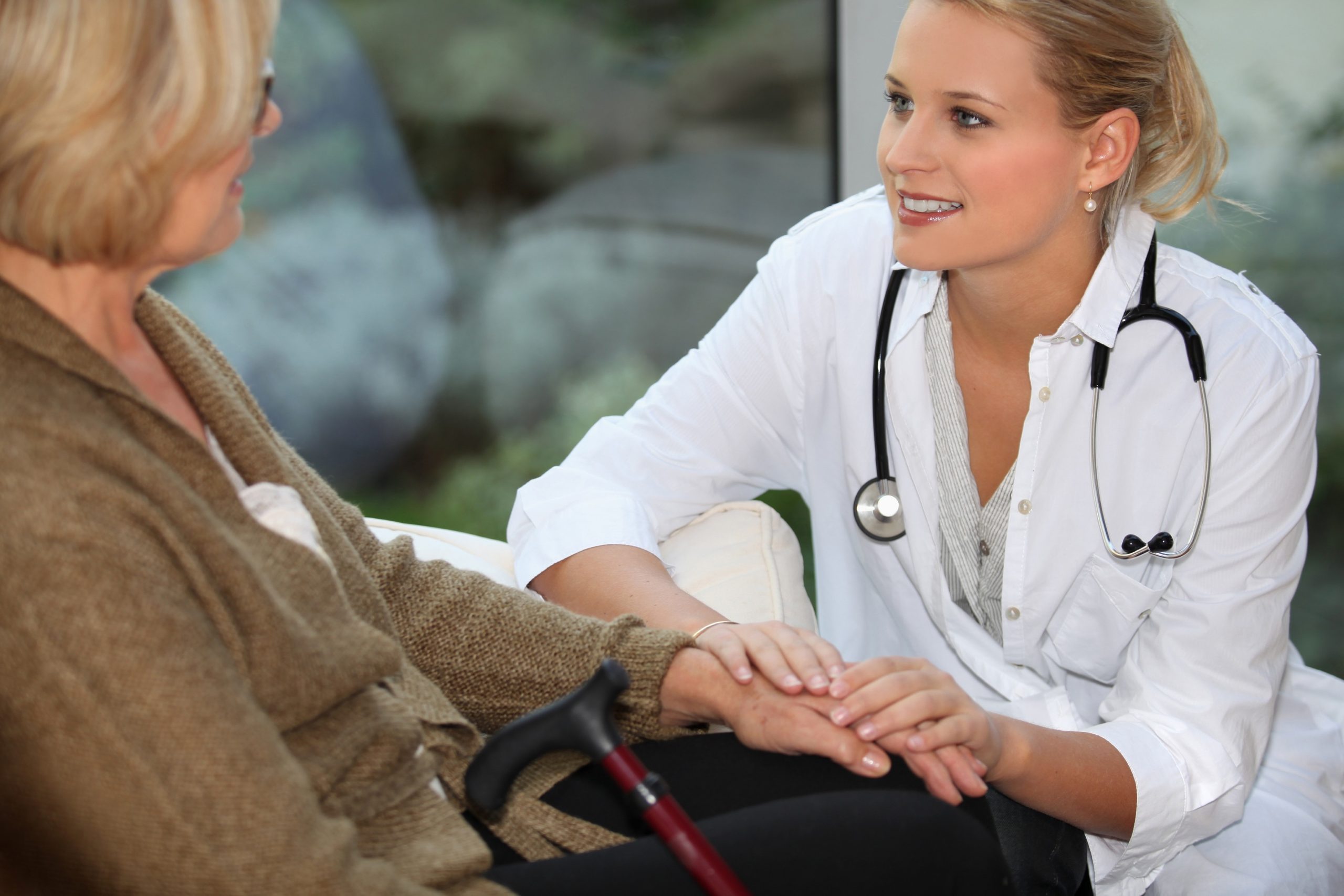However unlikely, it is always a good idea to be properly prepared for any emergency, such as an emergency room trip. In the event of a medical emergency, a quick response with as little trouble as possible is ideal. Here are some easy topics to focus on so you and your senior loved one can be better prepared, should a medical emergency ever arise.
Health History
It might not be possible to go along with your senior loved one on every one of their doctor’s visits, but make sure you always stay up-to-date on details of their health history. Know the names of all of their doctors and the pharmacy that they use. It might also be helpful to put this information into a list containing doctor’s addresses, phone numbers, and which medications they take and when.
Important Documents
Know where your senior loved one’s important documents are, and if possible, keep copies of them in a safe location in their home as well as in yours. A fireproof safe or a safety deposit box are both great places to store these kinds of records. Examples of documents that you may want to store safely are: health care cards, medications lists, driver’s license or photo i.d. cards, and an emergency action plan.
“What If” Scenarios
Discuss different scenarios with your senior loved one so you can come up with an outline of a plan that both of you can follow in an emergency.
House Keys and Codes
Make sure that the people who will be there for your senior loved one in the event of an emergency have access to copies of house keys and know any key codes they may need to get inside the senior’s home. Consider whether the senior has a code to their garage or house doors, locks on their fences, and keys to safes and a safety deposit box. Having copies and knowledge of these items can help first responders and other loved ones reach the senior as fast as possible in the event of an emergency.


